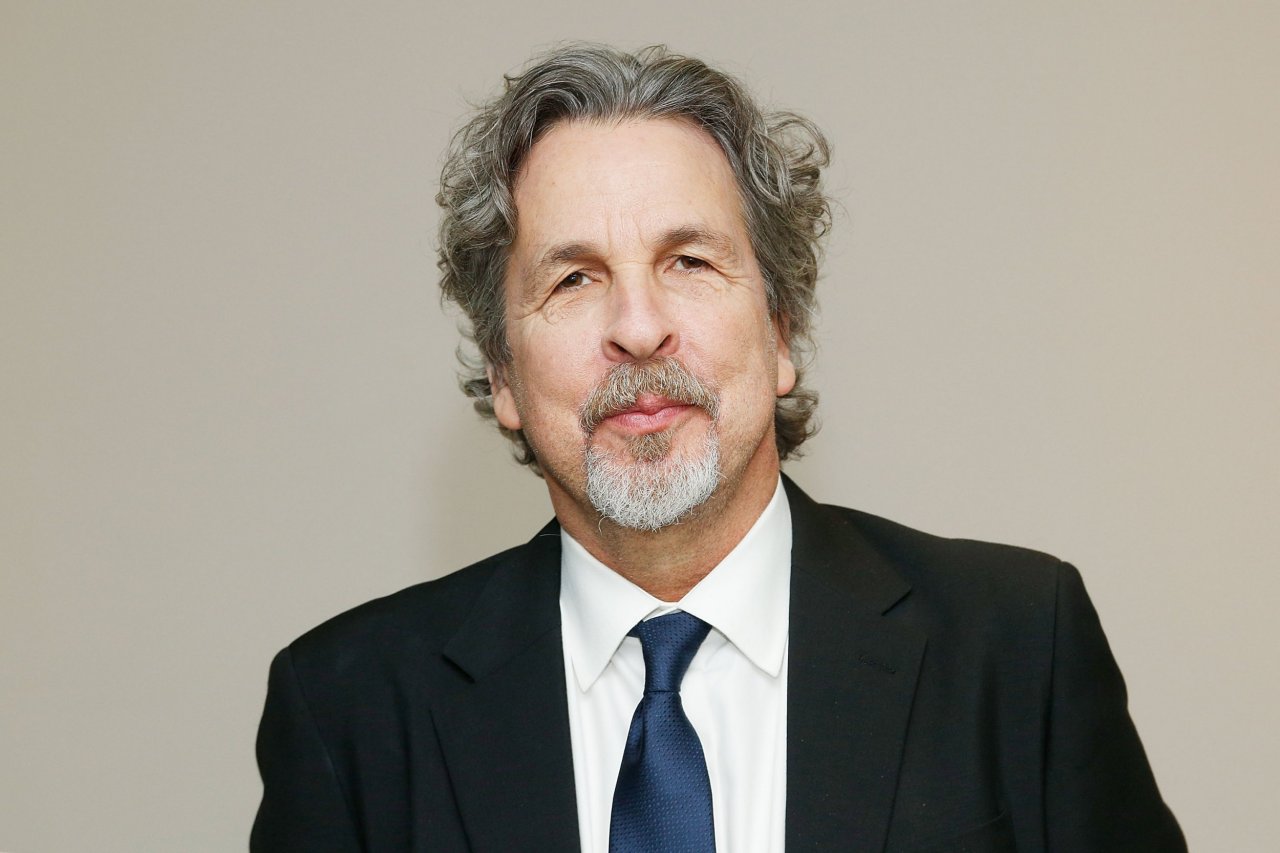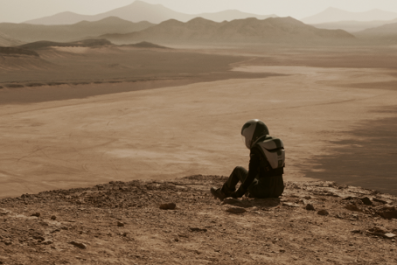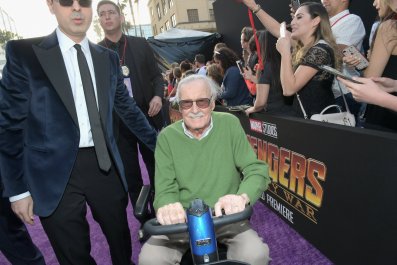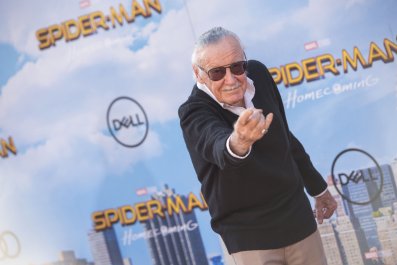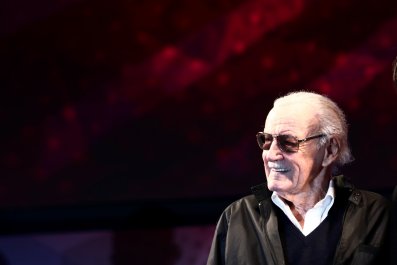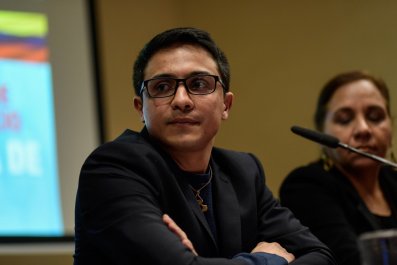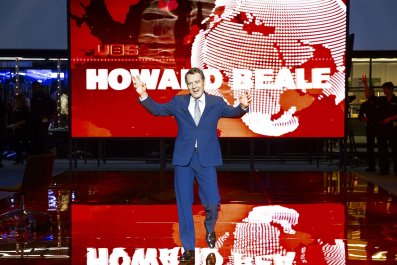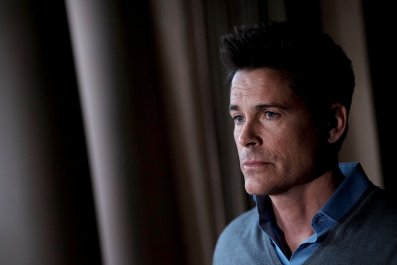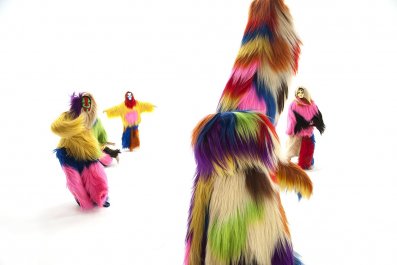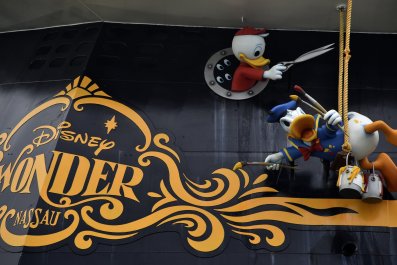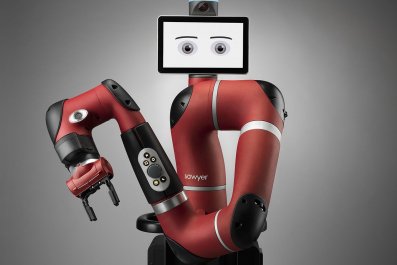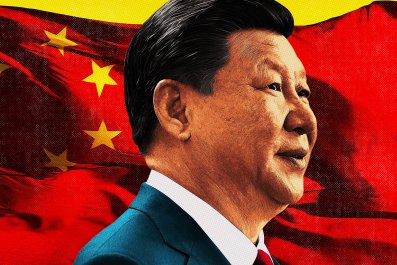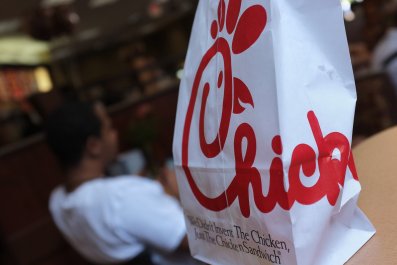Peter Farrelly's name is not mentioned in the trailer for his new film, Green Book, perhaps because "From one-half of the guys that brought you Dumb and Dumber comes a prestige drama about racism" might cause, at best, confusion. "People didn't know what I would do with this kind of [dramatic] material," Farrelly tells Newsweek now. "It was an uphill battle."
Securing his leads, Viggo Mortensen and Oscar-winner Mahershala Ali (Moonlight)—greased the wheels. Ali plays African-American concert pianist Don Shirley, and Mortensen is his Italian-American driver, Tony Lip, touring the Deep South in 1962. (The title refers to The Negro Motorist Green Book, a guidebook first published in 1936 that listed hotels and other places where African Americans were allowed to stay.) What might sound like a male version of Driving Miss Daisy is, in fact, a true story: Nick Vallelonga, son of the real Tony Lip, co-wrote the script with Farrelly and Brian Hayes Currie.
The movie won the audience award at the Toronto International Film Festival, and there's already talk of Oscars. Farrelly—whose brother sat this film out after a family tragedy—says directing Green Book was exactly the same as any movie he's made. The writing was trickier: "I was making my best effort not to go for jokes," Farrelly tells Newsweek. "And I didn't think it was funny at all until we started shooting. In the hands of these two actors at the top of their game, little things are funny because of how they play off each other."
Why choose Green Book as your first drama?
I've been asked many times if I'd ever do a drama, and my answer was always, "Sure, when it comes along." I probably should have done what Rob Reiner did—he started with Spinal Tap and A Sure Thing, then does Stand By Me and A Few Good Men and shows he can do it all. I didn't do that. But three years ago, my friend Brian Hayes Currie told me about a script he was working on, a true story of a black concert pianist who hired an Italian guy with a sixth-grade education—who was probably racist up until then—to drive him on a tour of the Deep South. The two of them became lifelong friends. I was like, "That's the best story I've ever heard! Can I write it with you?"
Have you noticed a difference in how critics are treating you for Green Book?
I did not know how disrespected I was until this came out. [Laughs.] I didn't know there was this level of kindness from critics, I really didn't. Comedy doesn't get respect from critics, but I never got into the movie business hoping to get great reviews. One of our movies is on the AFI top 100 funniest movies of all time list [There's Something About Mary], but critics act like this is the first time I've ever done a real movie.
How did you cast your leads?
One of the names we threw around was Jon Favreau—we thought, big, burly guy, because Lip was a big guy. [Favreau] is a good actor, but around that time I saw Captain Fantastic —I almost missed it because I thought it was a superhero film—and I loved it. I said, What about that guy? Everyone said, Forget it, you can't get him. I wrote him a letter: Dear Viggo, please read the first three pages of this script, and if you don't like it, cool.
He got back to me two days later. He really liked it, but he didn't know if he could do it. I said, "Are you kidding me? You did Eastern Promises, this is kittens compared to that." A few phone calls later and he took the part, even packed on 45 pounds. Mahershala was a no-brainer—I love the guy. When you're with him, it feels like you're in the presence of an elevated soul.
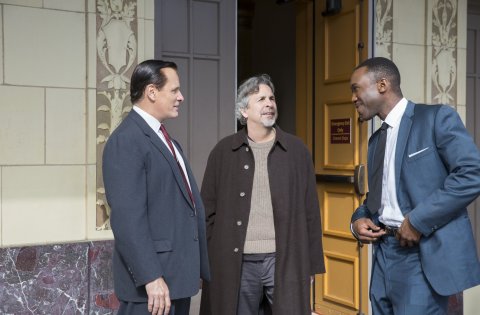
The comparison between Driving Ms. Daisy has come up a lot. How much were you keeping that film in mind?
I'm telling you the God's honest truth: It maybe occurred to us once. I thought it was more of an Odd Couple movie, to be honest. But then again, tonally it was so different from The Odd Couple, that I didn't think of that movie much either. The character of Don Shirley—I challenge you to find that guy in any movie anywhere. That guy is an original. And I would say the same for Tony Lip—he's not one note, he's not a cliche, he's not a stereotype. But you know, as they say, there are only 11 movies.
Many people, rightly so, get nervous when white directors and writers make movies about race. Was that something you thought about?
We were very aware of that. We were aware of the certain tropes, like the white savior trope—the white guy saves the black guy—as well as the black savior trope—the black guy saves the white guy. We were careful not to make this film either of those. Yes, Tony Lip saves Dr. Shirley from some earthly perils, but Dr. Shirley saves Tony Lip's soul by making him a better person.
I'm sure there will be some criticism that [the film] is not authentic because it's not dark enough. But that's not my style. We didn't want to preach to the choir. I want a family in Wisconsin, a family in Texas and a family in Massachusetts to be able to go to this movie together. Also, when you open a movie with your hero dropping water glasses into the trash because two black workers used them, that's not going soft on racism! And believe me, we debated that scene. We thought, "How are we going to recover from this?" But, it was the truth, so we did it. We tried to stick the truth.
The real Tony Lip's son, Nick Vallelonga, co-wrote the script. Was there an attempt to reach out to the real Don Shirley's family as well?
We were under the impression there weren't a lot of family members, but in the last month we've found out that there are family members. I feel bad about that, I wish we could have done more. To be honest, the people looking into it just didn't find them—they screwed up. But we're trying to keep in touch with them as much as possible now. They came to a friends-and-family screening, as did all the people who lived around Shirley on Carnegie Hall.
The truth of the matter is, the story came from Tony Lip's side. I don't want to lead people to believe that every word is true—it isn't. But the big things, like Shirley calling Robert F. Kennedy, are true. The YMCA scene: True. All the letters: True. Carnegie Hall: True. The chicken scene: True—or at least it's Tony Lip's telling of the story. Later we get audio tapes of Don Shirley telling his version of the story, which was great.
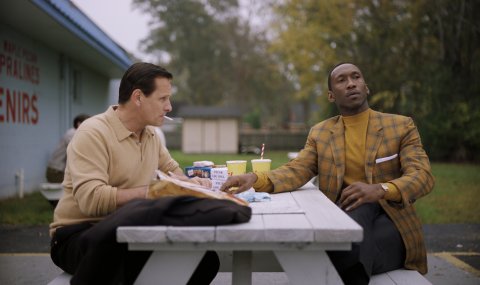
Green Book and Dumb and Dumber have an odd overlap—they're both buddy road trip films.
Yes, that's been pointed out to me before, and I don't know what that is. I don't think, "I gotta find another story about two guys driving cross country." But if you look at any writer, there are themes in their writing. If you look at John Irving, he always has wrestling or bears—I don't know why, and maybe he doesn't either. I'll tell you this, I love being on the road. I've been cross country 22 times, 16 alone. It's something I do whenever I'm confused on what to do next in my life. My wife will tell me, "You gotta get on the road," and I will. I'll drive for five days, and everything becomes clearer.
What's an underrated joke from one of your films that you love?
One of the great strengths of Jim Carrey was he taught us to always look for the joke after the joke. There's a scene in Dumb and Dumber where Harry and Lloyd are driving along, and Lloyd says, "Let's make a bet," and Harry says, "I don't bet. I never have and I never will." Lloyd goes, "I'll bet I'll get you betting before the day is out." Harry says, "No, it's not happening, I don't bet." Lloyd says, "I'll give you ten to odds," and Harry says, "You're on!" and he takes the bet. As written, Lloyd goes, "Gotcha! You bet!" Jim Carrey saw it and said, "There's a better joke here. What if Lloyd's so stupid he doesn't even realize he's won the bet?" So he looks at Harry and he goes, "I'm gonna get you. I don't how, but I'm gonna get you." I love that kind of humor, where the joke goes to the next level.
How do you think Dumb and Dumber would be received if it came out today?
Comedy ages. Back then, if a guy went to the bathroom, you shut the door and that was the end of it. We shut the door from the inside, and you're thinking, "This isn't going to happen," and then, "Oh my god, they're fucking do it." Now that's been done to death, so it wouldn't have the same impact.
Green Book opens in theaters nationwide November 21. This interview has been edited and condensed.



